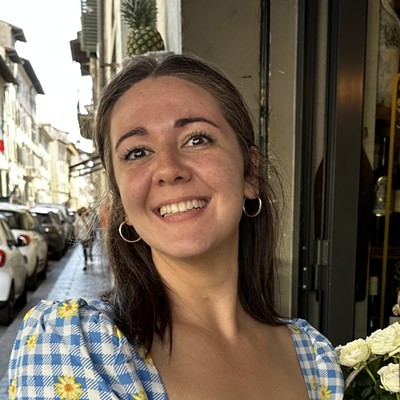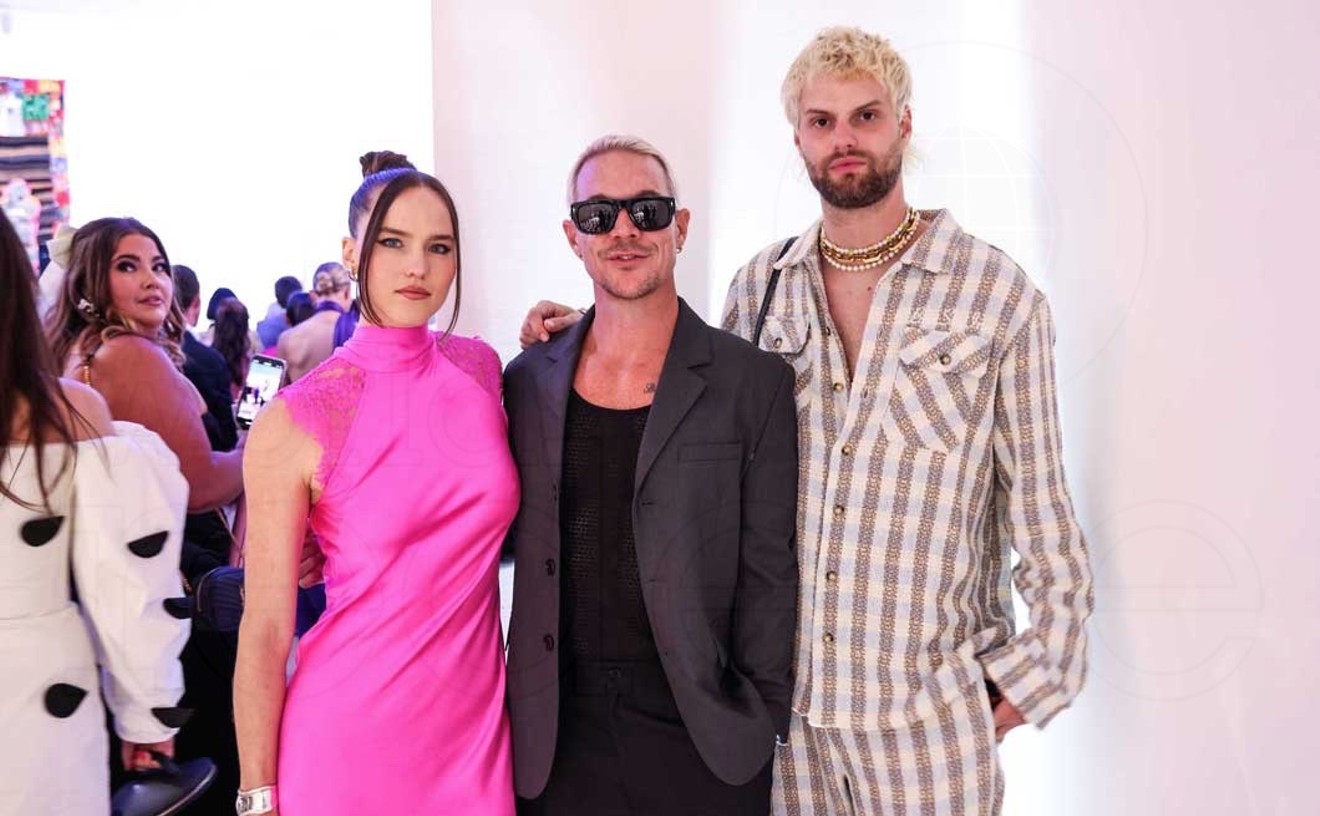In 1996, Denise Soler-Cox enjoyed a warm Miami night on the town with a group of friends — some close, others newly acquainted. As the friends laughed and joked about their families and similar upbringings, Soler-Cox felt a sudden wave of awareness and acceptance that took her by surprise.
"That has an impact on your identity, where you fit in, and how you see yourself."
tweet this
"For whatever reason, I realized that everyone was a first-generation Latino," she recalls. "I had this a-ha moment and felt this deep, instant connection and a sense of belonging I had never felt before." Soler-Cox pauses and looks up as if returning from a distant memory. "I decided right then and there I was going to make a documentary about this."
Seventeen years later, her vision is finally taking form. Earlier this year, she launched Project Enye. The endeavor — a series of web-based micro-documentaries — explores the lives of what Soler-Cox calls enyes, a term drawn from the phonetic pronunciation of the Spanish letter ñ. But an enye is more than a witty play on words. According to the filmmaker, it's "a first-generation, American-born Latino who has at least one parent from a Spanish-speaking country." But to her, what it really means to be an enye is "to cook and eat arroz con habichuela or arroz de gandules pernil, to have all of these Puerto Rican instruments in my house and the sounds of salsa and merengue but to also know all the words to Madonna.
"To be an enye is to completely understand the American culture but at the same time understand the rules of being in the Latino culture and knowing when each set of rules does and doesn't apply."
Despite the serious subject matter and talk of identity issues, the filmmaker smiles when she speaks, because regardless of the obstacles she faced while growing up, she adapted to both sets of rules governing her life and succeeded. Part of her motivation behind Project Enye is sharing unique enye stories that she hopes will touch the lives of young people who also grapple with confusion from straddling two cultures.
"I remember having memories as a child of feeling confused, so what I wanted to do was make everyone feel connected. If they could feel this shared experience, maybe they could feel that connection and resolve those unwanted feelings at a younger age instead of during a night out with friends at 26."
To begin work on the project and compile experiences from enyes, Soler-Cox needed a partner. A good friend lived next door to a director in Denver and introduced them. That director was the Oscar-nominated, Emmy-winning Henry Ansbacher.
"She's a very compelling character," Ansbacher chuckles, adding that after meeting Soler-Cox and having their first conversation, he was "really pulled in." He explains that Project Enye works on various levels, not just for Latino-Americans but also for any immigrant.
After listening to stories of Soler-Cox's experiences, Ansbacher reflected on his own family's story and how his grandfather emigrated from Germany to raise a family in Vermont. His grandfather never lost the German accent, which was a shadowy burden on Ansbacher's father while he was growing up in Burlington. It never really made sense, he says, until he heard Soler-Cox speak about the enye concept — it dawned on him that perhaps his father felt a sense of shame because of his origins. Even though their nationalities are different, for Ansbacher, "it feels like it's the same story."
Aside from his own personal connection to the project, what really sold Ansbacher on the idea of the documentary was the power of media. Feeling connected and represented in this grand way "would be a great experience for an audience to have... It would be transformative," he says.
With the dream team assembled — the girl with the idea and the guy with a camera — it was time to put ideas in motion.
Since launching the project in January, Soler-Cox and Ansbacher have been constantly updating the website and posting weekly "micro-docs," as they call them, which are short video stories from enyes around the United States. The two are also active on social media and hope to collect as much data throughout the year as possible, especially by using the hashtag #EnyesCount. By using social media in this modern age of storytelling, the filmmaking duo is able to bridge the gap between studio and audience to take viewers along for the journey.
"The community-building is essential here," Ansbacher explains. "In my experience, making documentaries is a very kind of inward-facing process, and you don't really engage with the audience until the release." The pair hopes this approach will give the viewer a more collaborative role.
The ultimate goal of documentarians is to get viewers to relate to the material, but with Project Enye, Soler-Cox and Ansbacher want to push the boundaries, to produce something more profound — a cultural and linguistic shift. "We definitely want to get people to start using the term enye and have it become part of the everyday vernacular," Soler-Cox says. "It's so much easier to meet someone and say, 'Oh, you're an enye — now you and I have so much in common,' because it creates a layer of stuff you don't even have to go through since you now have this shared experience with the other person."
A main drive behind Project Enye is to bring awareness to the existence of this group of people and the duality of their lives, as well as give them a voice in the media.
"When you're growing up and you don't see yourself on television or you don't see yourself in the culture around you," Ansbacher explains, "that has an impact on your identity, where you fit in, and how you see yourself." So by seeing enye stories told by enyes, audiences will be able to relate to similar life experiences that will resonate on a personal level.
After the two finish filming the documentaries, they plan to pitch an unscripted-series idea to Netflix, Hulu, or Amazon. They won't divulge too much information about that venture, but Soler-Cox assures that the concept is "uniquely enye."
Meanwhile, you can follow the conversation on Twitter via @ProjectEnye and the hashtag #EnyesCount. If you're an enye, you can add yourself to the collective map on projectenye.com.











